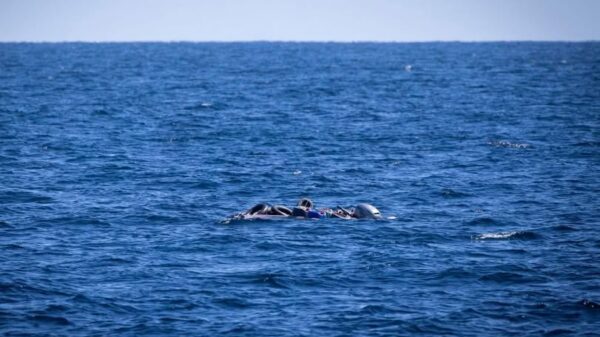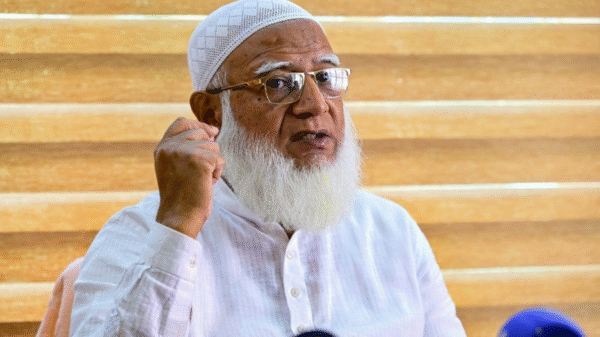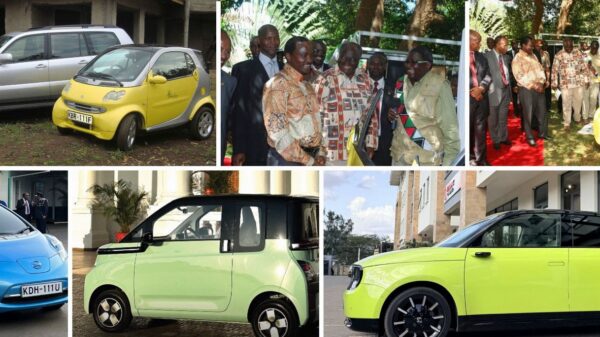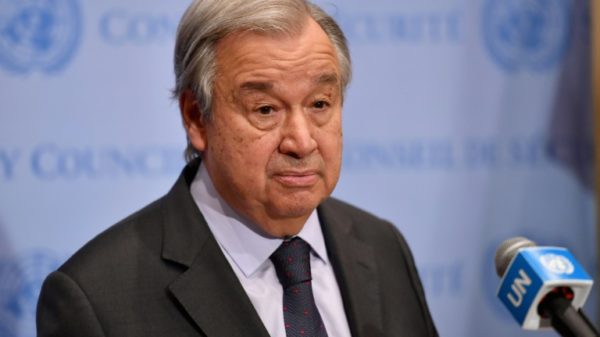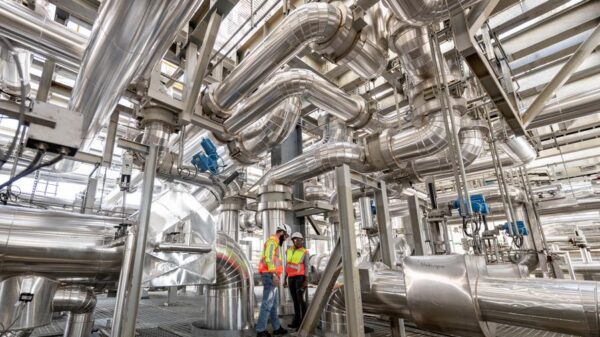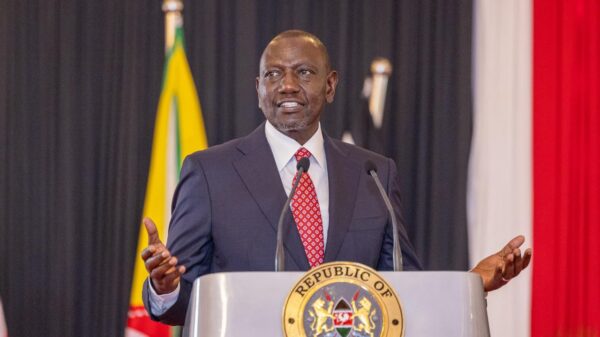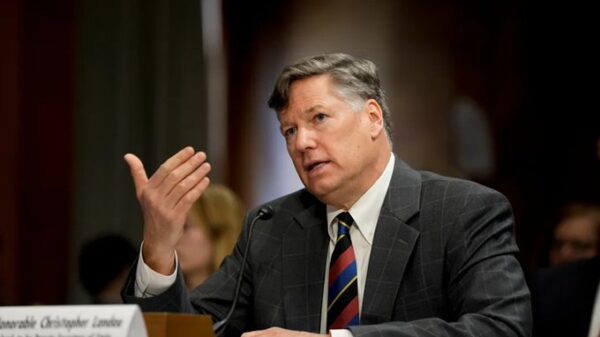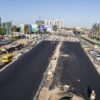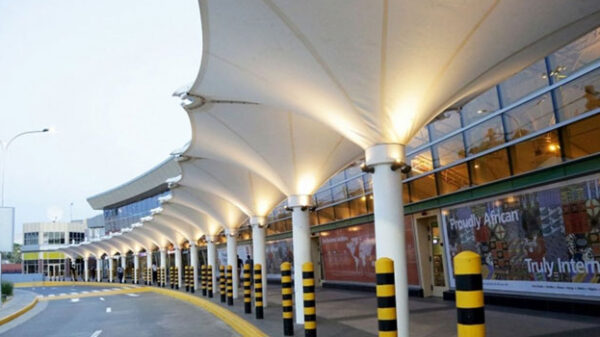ADDIS ABABA, Ethiopia, Sept 9 – Ethiopia has officially inaugurated the Grand Ethiopian Renaissance Dam (GERD), a $5 billion hydroelectric project on the Blue Nile hailed as a milestone for the country’s economic ambitions and energy independence.
The unveiling of the commemorative plaques was led by President William Ruto of Kenya who was the chief guest and his Djiboutian counterpart Ismail Omar Guelleh, in the presence of Ethiopia’s Prime Minister Abiy Ahmed.
Other dignitaries in attendance included Somalia President Hassan Sheikh Mohamud, Sudan’s Salva Kiir and Barbados Prime Minister Mia Amor Mottley.
Also present was African Union Commission Chairperson Mahmoud Ali Youssouf.
Construction of the GERD began in 2011, and the project is designed to generate 5,150 megawatts of electricity, making it the largest hydropower plant in Africa and among the 20 largest globally.
Four turbines are now in operation, producing a combined 1,550 MW, with output set to gradually scale up to full capacity.
Prime Minister Abiy said the dam will expand electricity access for millions of Ethiopians while enabling power exports across the region.
Commenting on the project, President Ruto described the inauguration as a “moment of monumental significance.”
“The Grand Ethiopia Renaissance Dam is not only a feat of engineering ambition. It is also a bold affirmation of Africa’s capacity to shape its own destiny, marshal its resources and deliver transformative infrastructure in pursuit of prosperity,” Ruto said.
Ruto’s sentiment was echoed by his Somalia counterpart, Hassan Mohamud who hailed the unveiling as a “great historic day for all our people in this region.”
The project, however, has drawn fierce opposition from Egypt, which depends on the Nile for about 90 percent of its water supply.
Cairo fears the dam could reduce water flows during droughts and has argued that it violates colonial-era water treaties.
Sudan’s position has shifted over time, though it has also expressed concerns.
Ethiopia has maintained that GERD’s phased reservoir filling, completed in 2024, was carefully managed to avoid harm downstream.
Independent studies have so far found no major disruptions to Nile flows, thanks in part to favourable rainfall and Ethiopia’s gradual filling strategy.
Unlike many large infrastructure projects in Africa, GERD was primarily financed domestically through bond sales, salary contributions, and state-led fundraising campaigns, with only limited external support.
Addis Ababa has emphasized that the project represents a symbol of national sovereignty and self-reliance.
Located about 14 kilometres from Ethiopia’s border with Sudan, the dam now serves as the backbone of Ethiopia’s national grid.
Officials say surplus electricity will be exported during peak seasons, strengthening regional integration and development.

